What is BF?
Stands for Brain-Function; it is a collective process that is active in the human brain. It refers to the processes of cognition, emotion, sensory processing, motor control, and other important processes. BF is taught in different perspectives associated with neuroscience, psychology, and artificial intelligence. The history of BF traces back to the early period in human history where philosophers and early scientists postulated the role of the brain. Neuroscience took a vast leap during the 19th century. In the 21st century, the tremendous increase in advanced imaging technologies and computational models has led to progress in our understanding of BF.
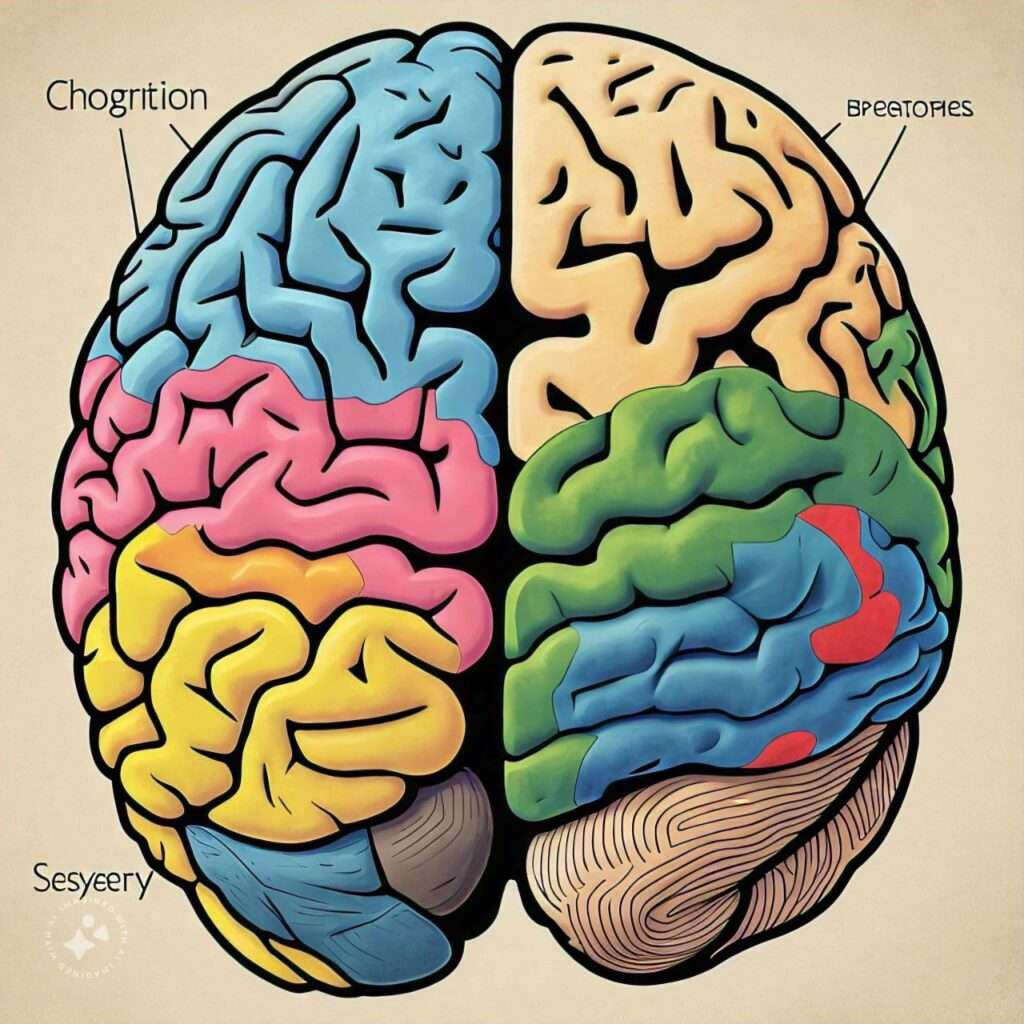
Understanding The Science Behind BF
BF encompasses several scientific disciplines, with the three major ones being neurobiology, cognitive science, and bioinformatics. It is based on the study of neural pathways, synaptic functions, and general brain structure for information processing.
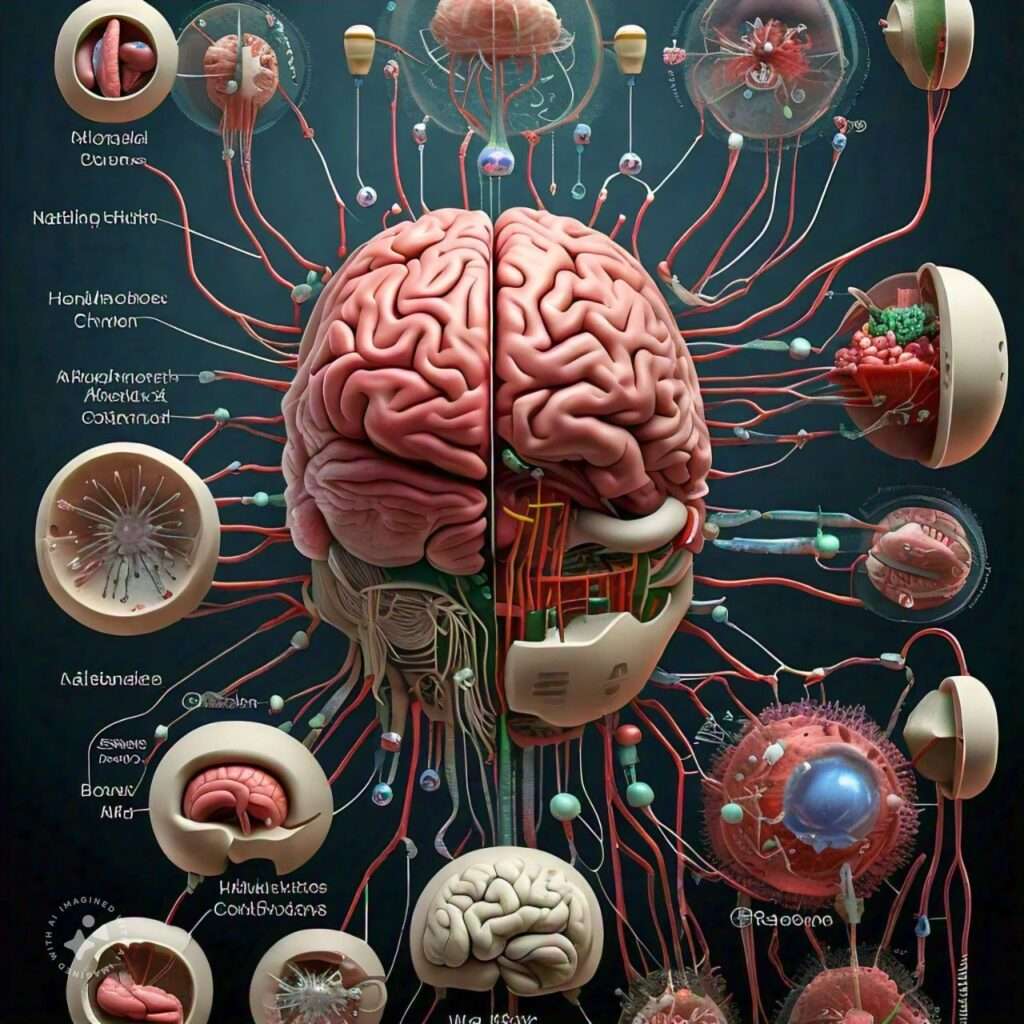
Important BF Concepts:
- Neuroplasticity: Brain’s capability to reorganize, form new connections.

- Neurotransmitters: Chemicals through which the signal travels across the synapse.

- Cognitive Load: Total amount of mental effort being used in working memory.
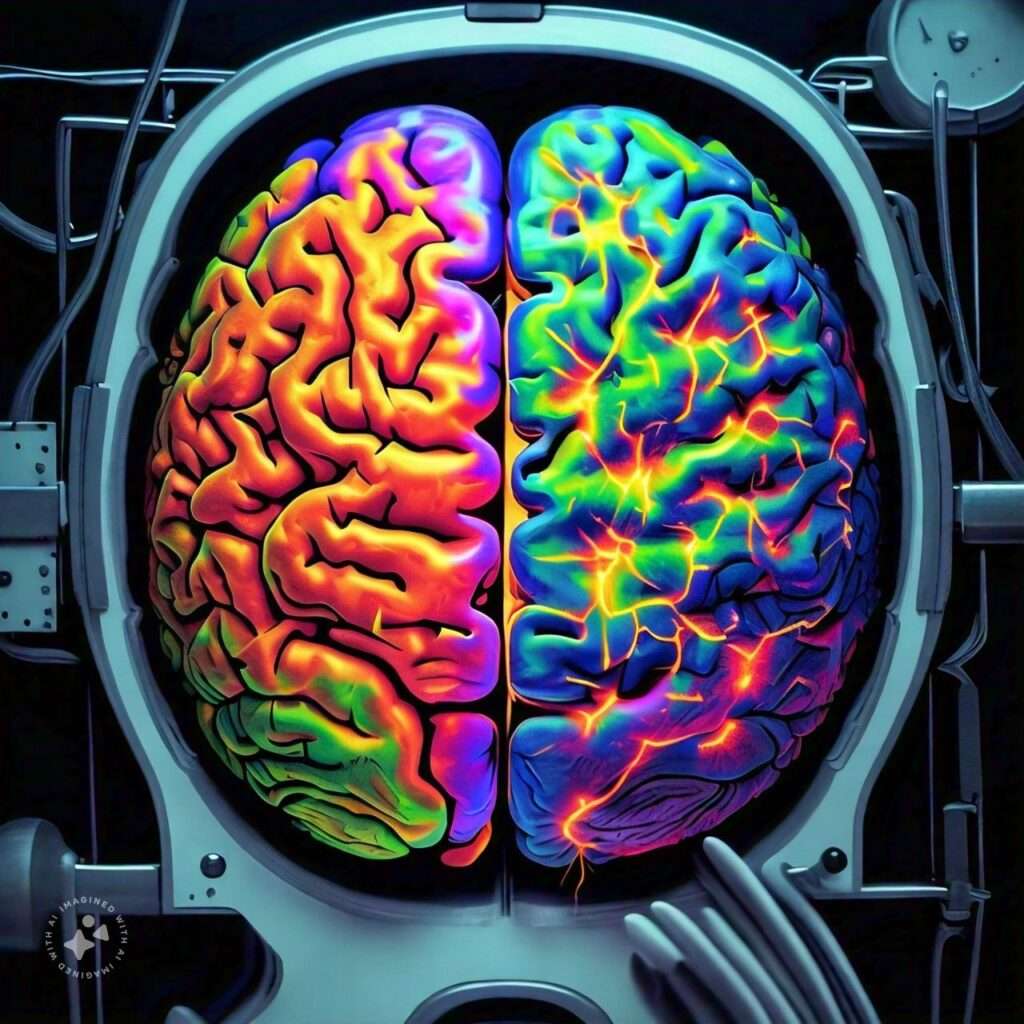
- Brain Mapping: Technique used for understanding brain regions and their functions.
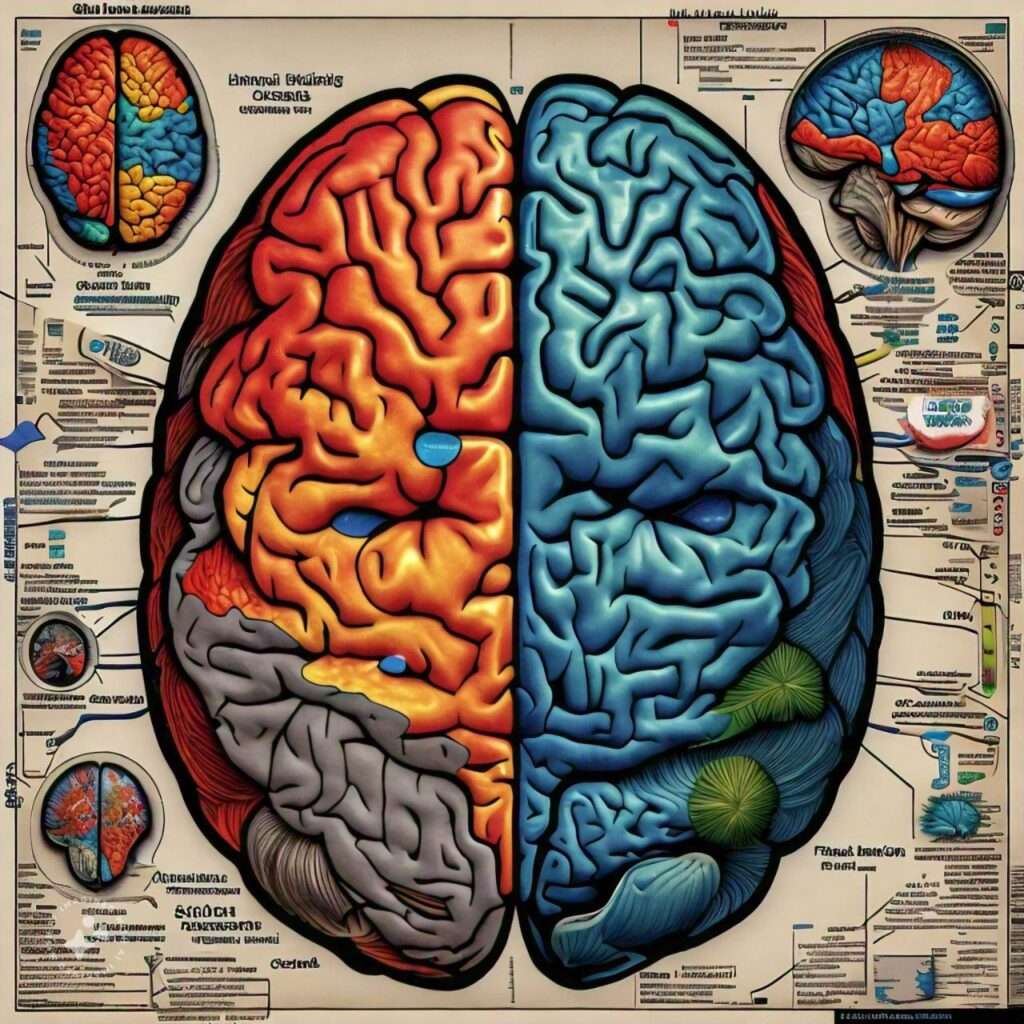
Applications of BF in Technology
The influence of BF has been found in the artificial intelligence and machine learning fields, as well as neuroinformatics. It allows for the development of more human-like AI systems and better human-computer interfaces.

BF in Medicine
BF helps diagnose and treat neurological diseases, improve treatments for mental health disorders, and develop brain-computer interfaces for patients with severe disabilities.

Applications in Education
Understanding BF can help optimize learning strategies, personalize educational experiences, and improve cognitive development among children and adults.

Applications in Business
Businesses use BF to optimize decision-making processes and better train their employees. It also helps design products that appeal to the consumer psyche.

Benefits of BF
Other Advantages in Health Care
BF research has led to the development of diagnostic tools, new treatments for mental health problems, advancements in neurosurgery, and improved rehabilitation techniques. This enables the creation of personalized education programs that suit individual learning styles and cognitive abilities, leading to better comprehension and retention. BF technologies help to increase productivity, spur innovation, and lead to economic growth as new industries emerge.

Problems in BF
Ethical Issues
The study of BF involves ethical issues like issues of privacy, neurotechnology misuse, and the morality related to enhancing a brain.
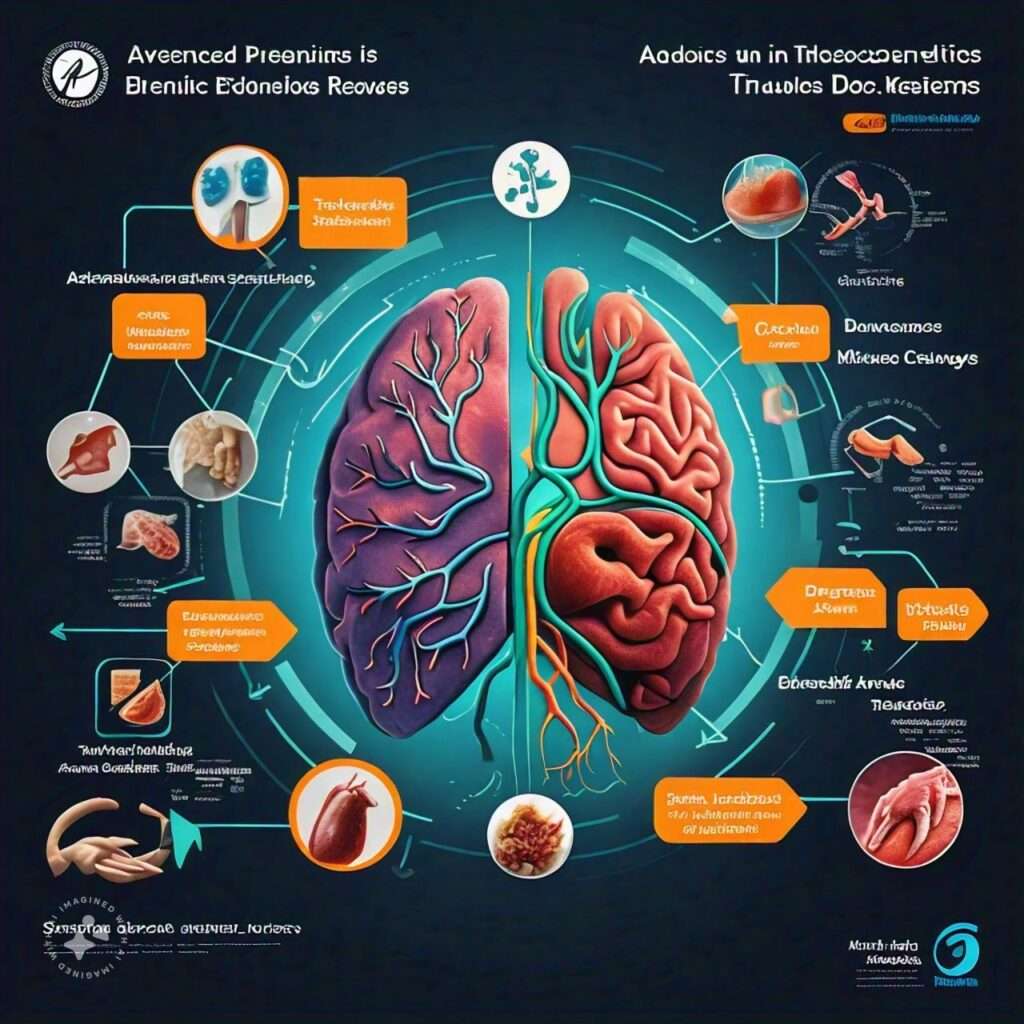
Technical Challenges
Technically, the challenges come about with intrinsic brain complexity, limitations in contemporary imaging technologies, and a demand for advanced computational models able to simulate functions in the brain.
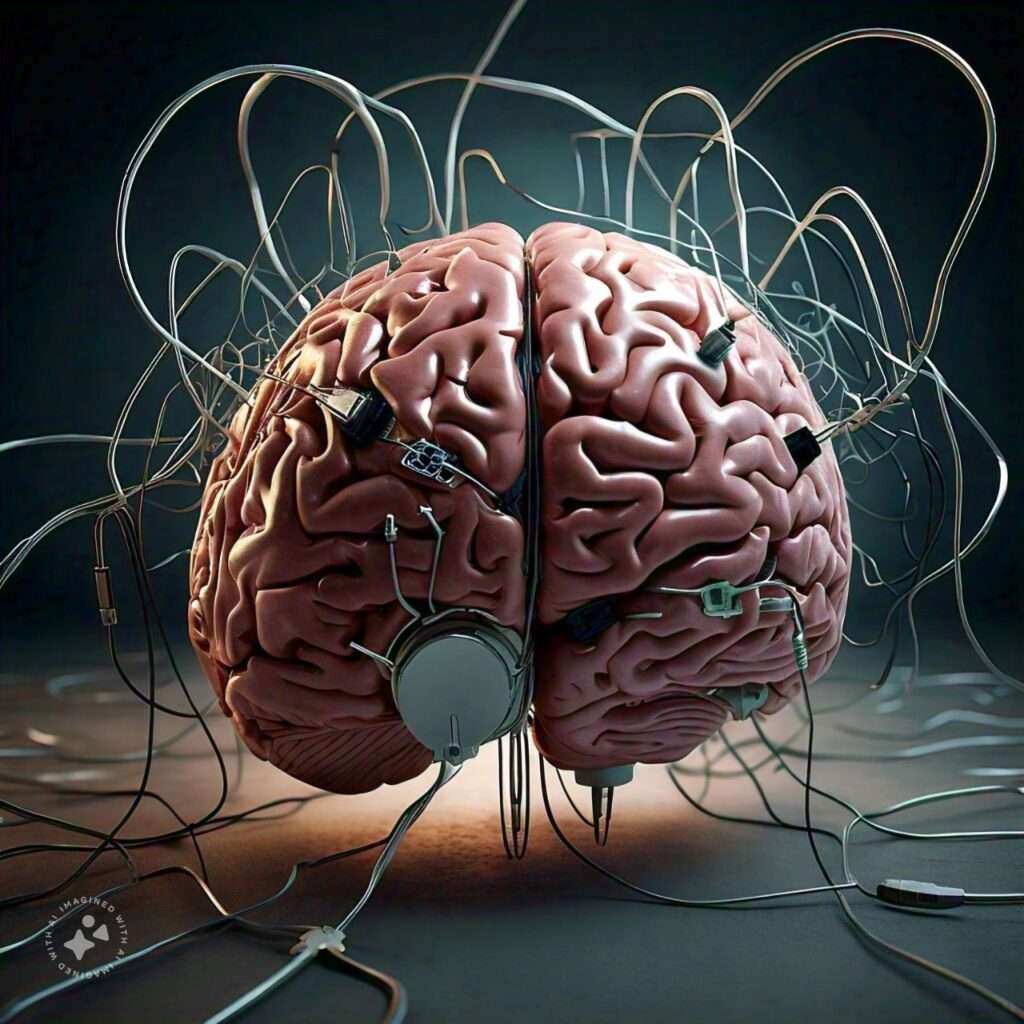
Social Effects
The widespread adoption of BF technologies can give rise to societal changes in the job market, educational needs, and interpersonal relationships.
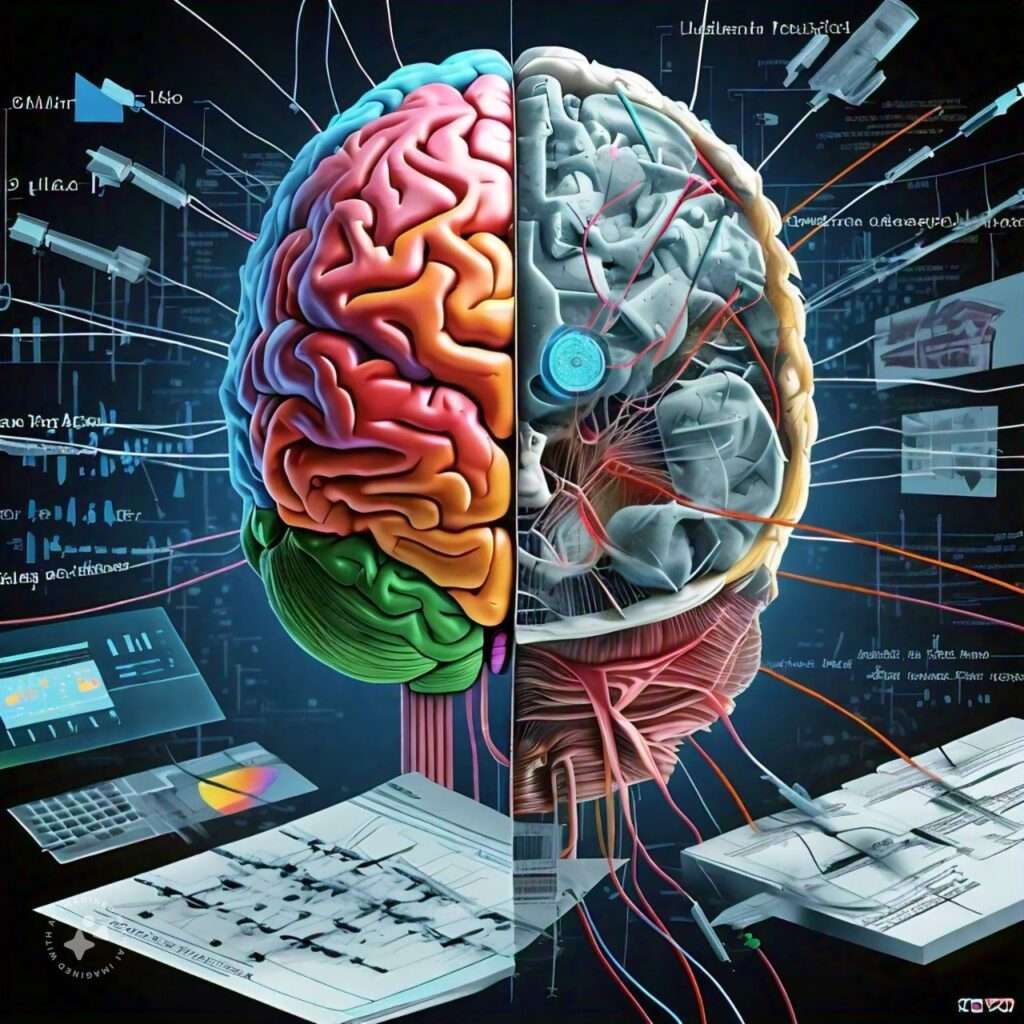
Future of BF
New Horizons in Innovation
Emerging technologies, like quantum computing, advanced neural interfaces, and AI-driven brain simulations, may take our understanding and applications of BF further.

Predictions and Trends
The future trends include the integration of BF in day-to-day technology, more personalized healthcare solutions, and ethical frameworks for the responsible innovation of BF advances.

Case Studies
Success Stories in Implementation
The discussion around real-world applications of BF, such as advanced prosthetics controlled by brain signals or AI systems designed based on neural networks, is exemplary of the roadmap to be followed by BF.

Lessons Learned
Learning from past successes and failures will help guide future research and application, thus ensuring BF developments are both effective and ethical.

FAQs about BF
What is the focus on BF research?
The research of BF focuses on cognitive functions, neural pathways, brain imaging, and the development of neurotechnologies.
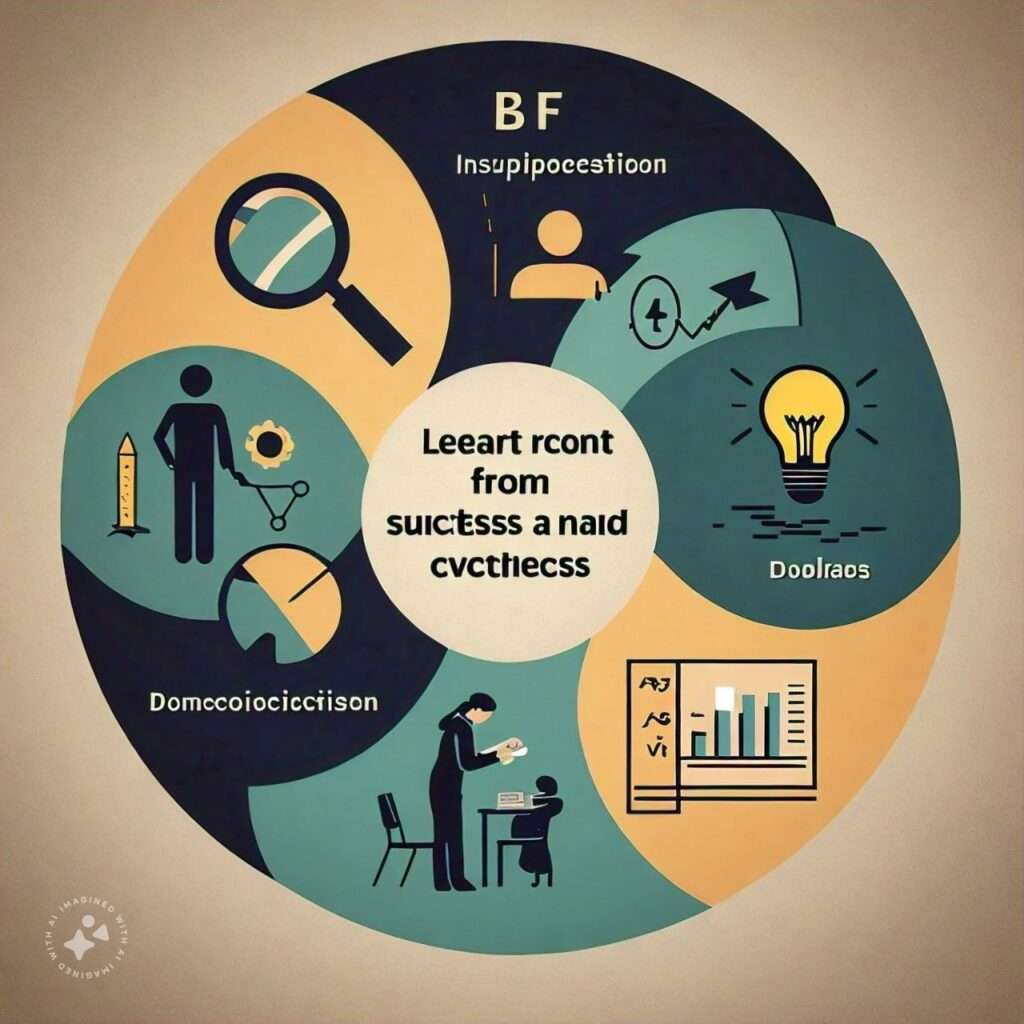
How does BF impact mental health treatment?
BF provides information on the neural bases of psychiatric diseases, which can be used to inform diagnosis and propose interventions including neurofeedback and neuromodulation therapies.
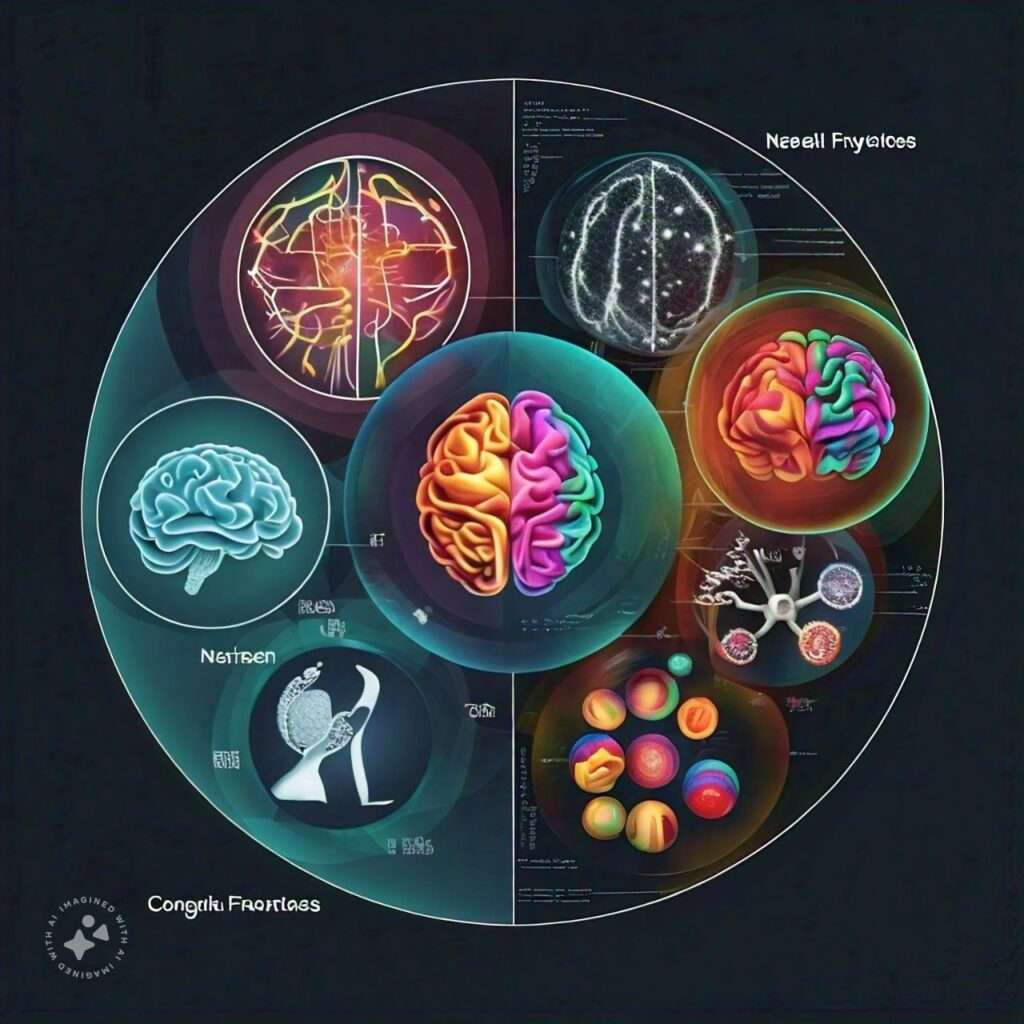
Can BF be applied to enhance educational outcomes?
Yes, BF may allow for better education by enhancing pedagogic strategies based on an individual’s cognitive profile, providing the potential for more effective and personally customized learning.

What are the ethical issues related to BF?
Ethical issues relate to privacy, consent, the misuse of brain data, and implications on society following the introduction of cognitive enhancements.

What is the future of BF in technology?
The future of BF in technology is based on much more developed AI; BCIs can be improved and become a part of the general environment — common technology that people use in their everyday lives.
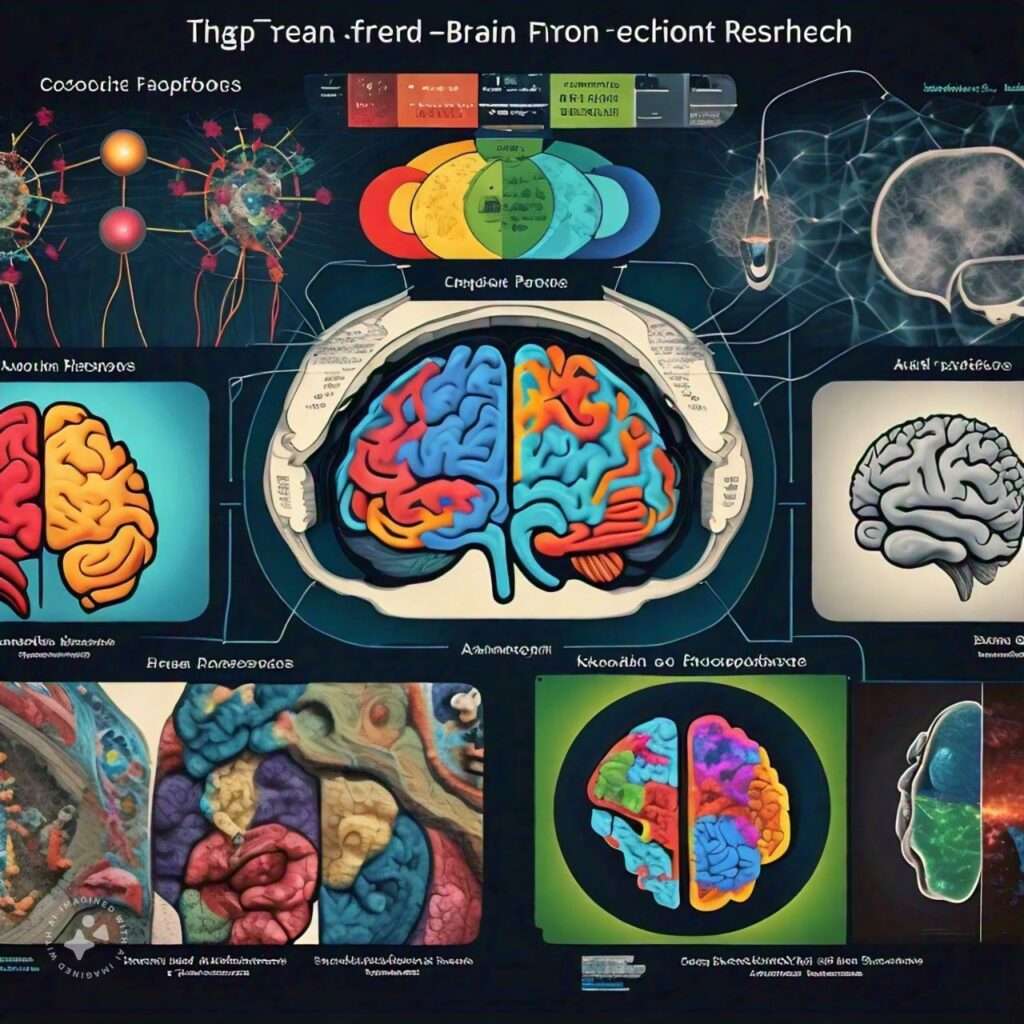
How does BF benefit businesses?
Knowledge gained from BF could, in general, enhance the decision-making process, aid in training employees better, and develop products that conform to consumer psychology.

Conclusion
Summary of Key Points
BF is growing at an increasing pace, having its large share of impact and contribution in technology, medicine, education, and business domains. Knowledge about the science, applications, benefits, challenges, and future trends linked with BF is necessary if one has to make the most of this knowledge.




